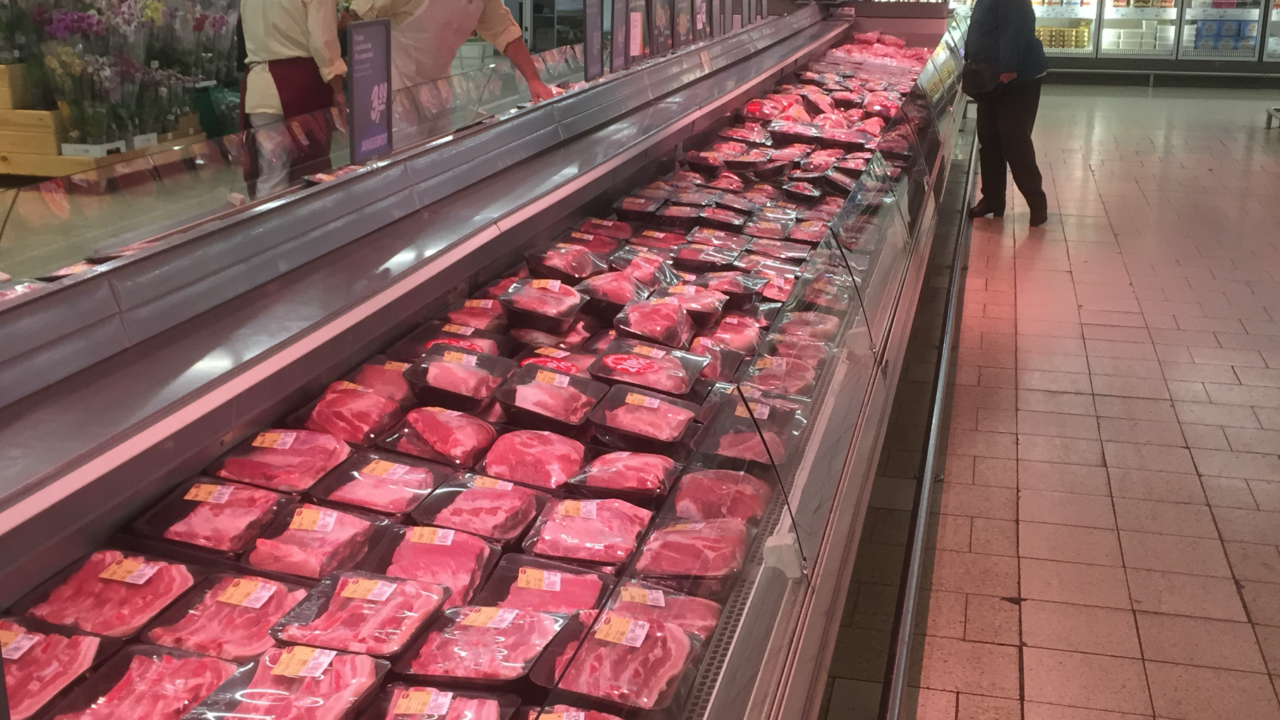Hong Kong, the second-largest importer of Brazilian meat in 2016, has followed China’s lead and has temporarily banned imports of meat from the South American country, according to reports from international news agency Reuters.
This follows similar bans, which have been implemented by Japan, Canada, Switzerland, Mexico and Chile over recent days.
The moves are in response to a scandal that emerged last weekend, in which authorities in Brazil suspended over 30 government following allegations that some of the country’s biggest meat processors have been “selling rotten beef and poultry for years”.
Also Read: Brazilian beef and poultry industry plunged into major scandalOver the weekend, raids were carried out by federal police in almost 200 locations. Over 1,000 officers and officials were involved in the large-scale operation. Among the allegations is a charge that politicians and official health inspectors were, in some instances, bribed by plant managers.
Brazilian meat pulled from supermarket shelves in China
Reuters is also reporting that some of China’s largest food suppliers have pulled Brazilian beef and poultry from their shelves, in response to the deepening crisis. These measures have been undertaken by China’s biggest ‘hypermarket’ chain – Sun Art Retail Group – and the Chinese divisions of global retailers Metro AG and Wal-Mart.
It is believed produce from Brazilian giants BRF SA and JBS SA was singled out, in the case of Sun Art Retail Group. The group has about 400 hypermarkets, dotted across China.
JBS owns Moy Park
JBS is the parent company of Moy Park, which has its headquarters in Armagh. It is the world’s largest meat producer. It paid $1.5 billion (€1.35 billion) for Moy Park in 2015 and has annual sales of about $45 billion. Meanwhile, Moy Park is Northern Ireland’s biggest private-sector employer.
BRF is the world’s biggest poultry exporter.
Both companies – JBS and BRF – continue to deny any allegations of wrongdoing.
